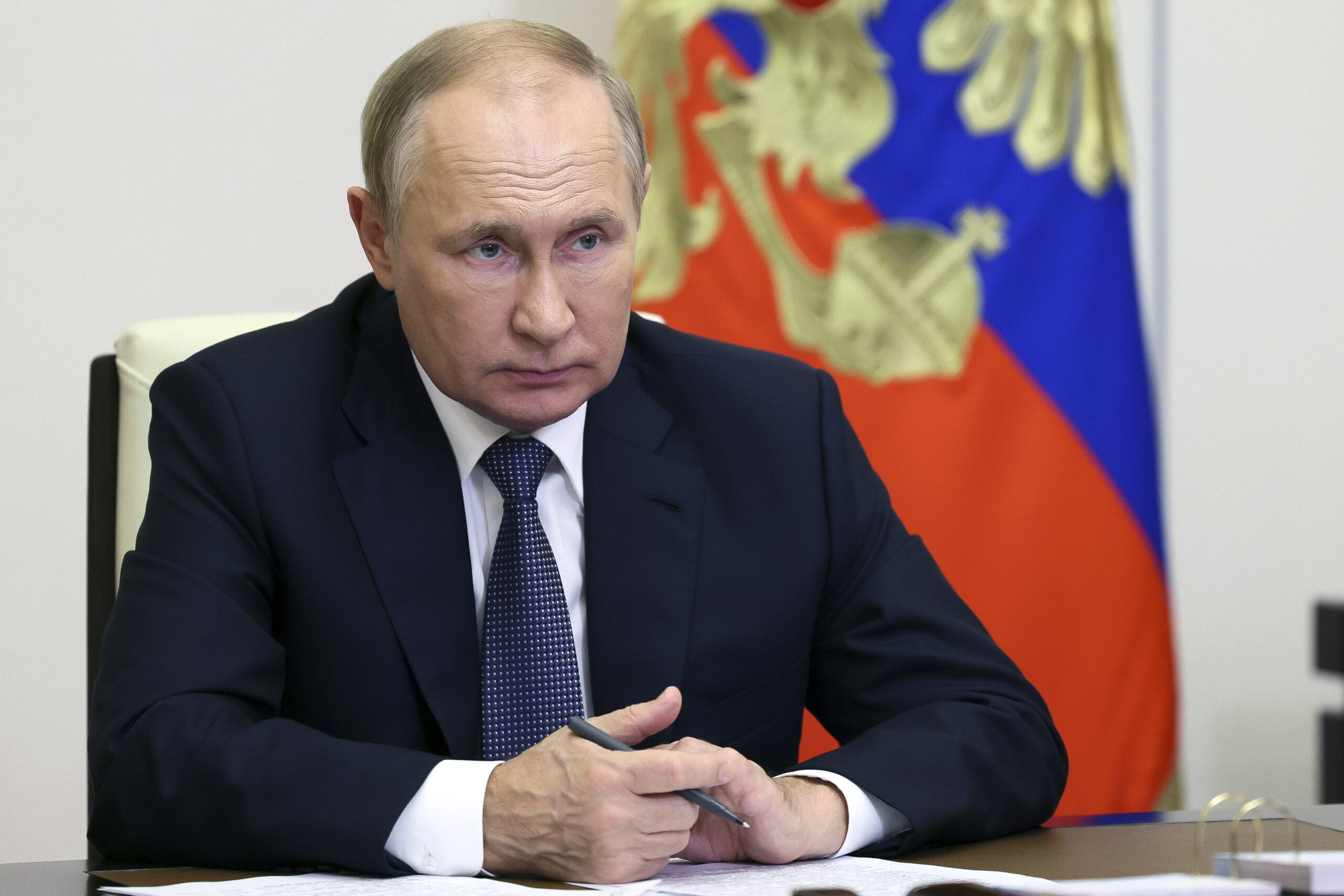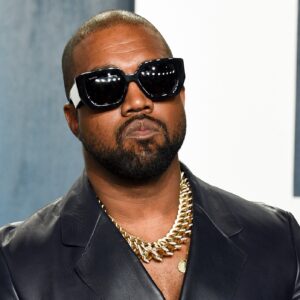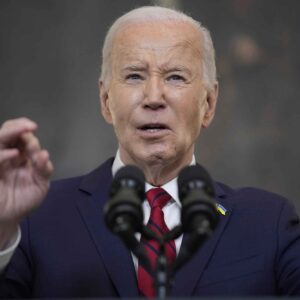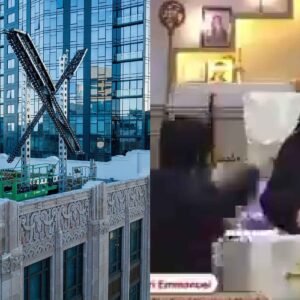There is an official arrest warrant for Russian President Vladimir Putin. The International Criminal Court issued it, and they want him locked up for war crimes, more specifically, for his alleged involvement in the abduction of children from Ukraine.
In the official statement released by the court, they say Putin is “ allegedly responsible for the war crime of unlawful deportation of the population (children) and that of unlawful transfer of population (children) from occupied areas of Ukraine to the Russian Federation.”
The prosecution for this court has been working for over a year on gathering evidence from sources inside Ukraine. The focus of the investigation has been the alleged abduction of Ukrainian children and Russia’s targeting of civilian infrastructure.
Ukraine says thousands of children are being abducted and transported to Russia — with the intent to have them become Russian citizens.
The foreign ministry in Russia issued a statement after the arrest warrant saying,” “The decisions of the International Criminal Court have no meaning for our country, including from a legal point of view. Russia is not a party to the Rome Statute of the International Criminal Court and bears no obligations under it.”
Putin will become an international fugitive if he’s indicted. Now, as for the likelihood of Putin being arrested if he were to leave Russia and travel to a different European or North American country, it’s not easy. It does mean that it’s likely that Putin is trapped in Russia. Being captured if he traveled would be too risky to chance.
Here’s a quote from Harvard Law professor Alex Whiting who previously worked in the prosecution office of the ICC. “The issuance of arrest warrants is the first step to achieving accountability for war crimes — it signals that there is evidence that war crimes have been committed and that identified individuals are responsible for them and the persons charged will forever run the risk of arrest or surrender, particularly if they travel to one of the 123 states that are members of the court.”


















Add comment